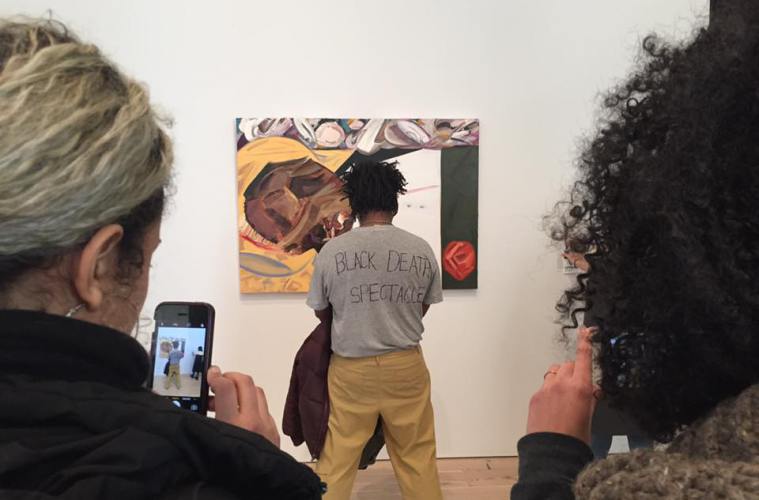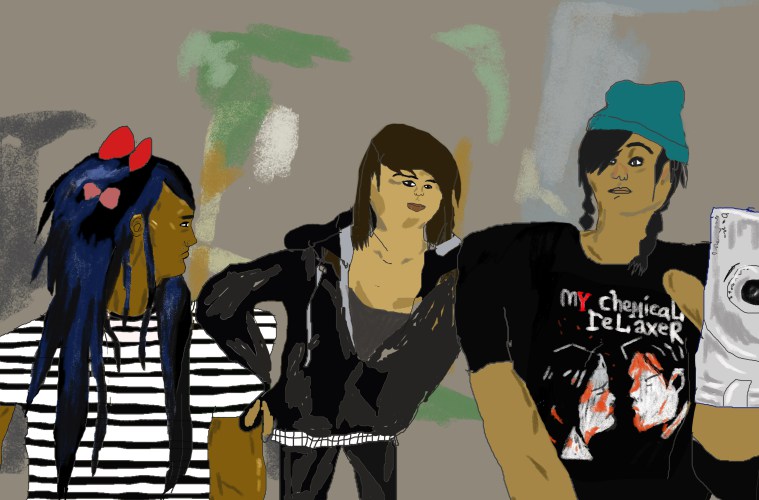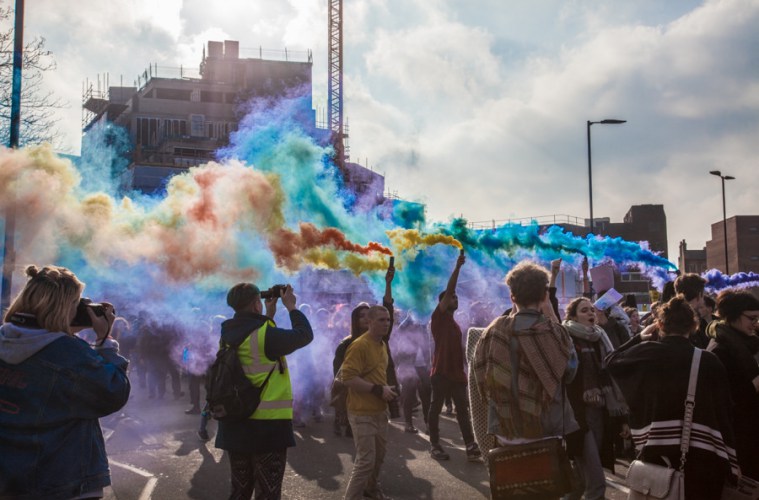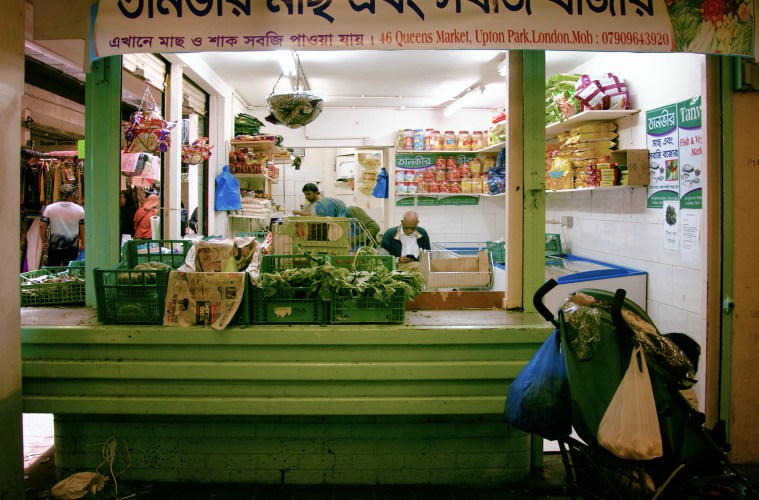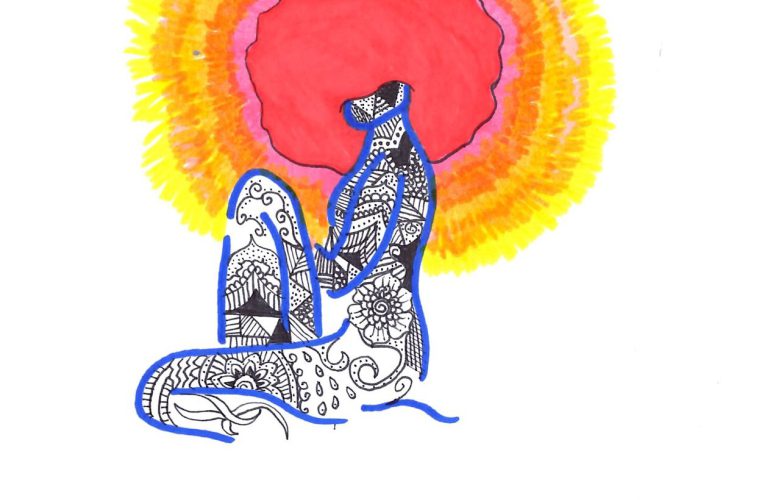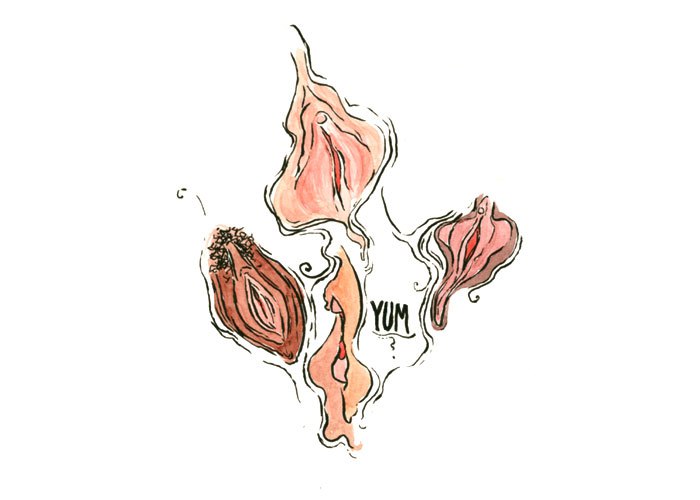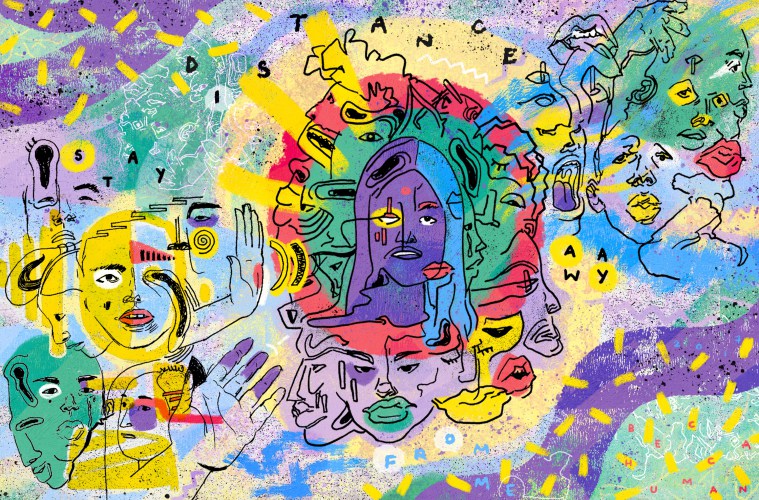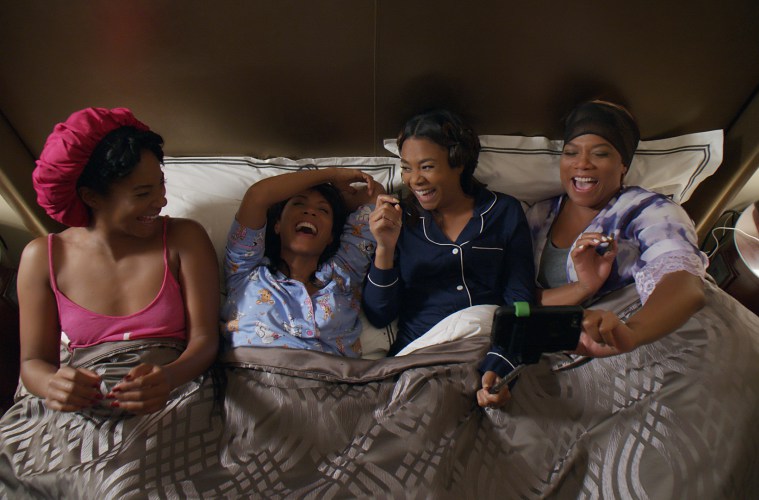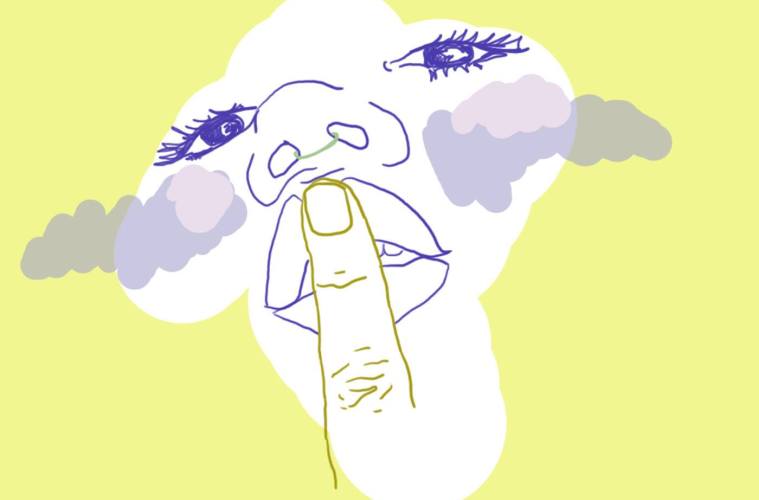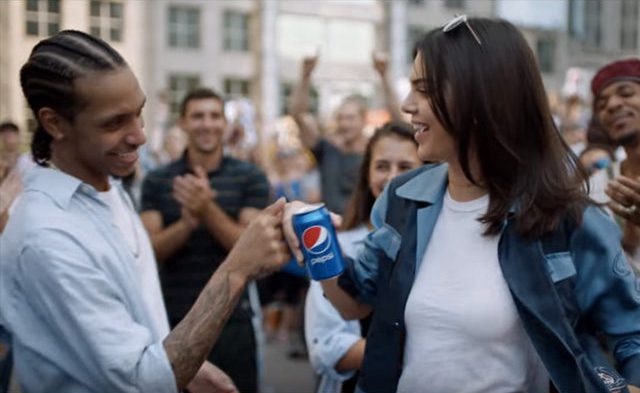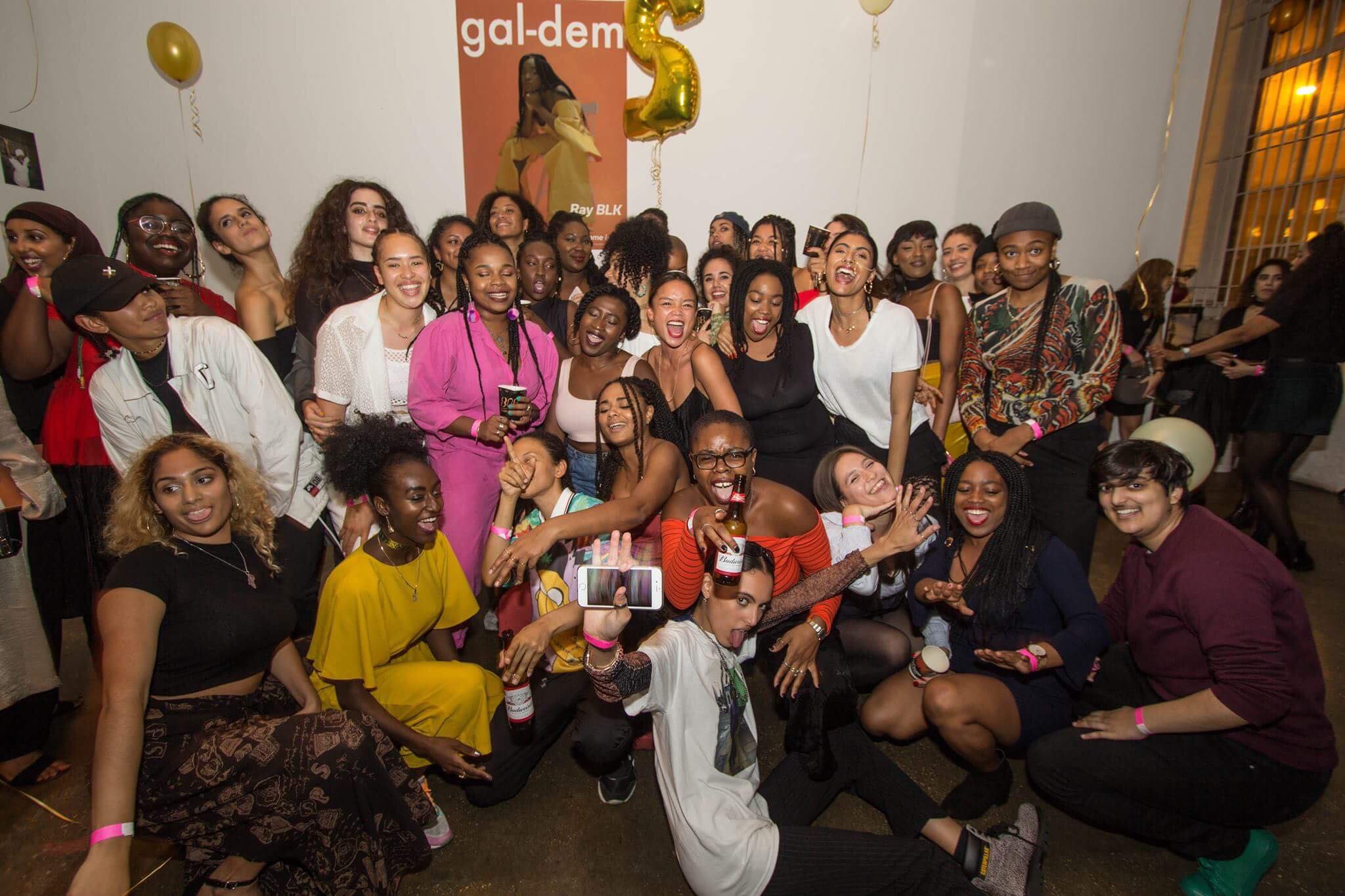
2017 is almost over. Post-Brexit and the rise of Black Lives Matter, it was undoubtedly a year of organising through legacy. But 2017 also brought us its own celebrations and serious challenges. As the year draws to a close, we’re thinking about the personal and political commentary that gal-dem brought you.
We asked our contributors what pieces stood out to them the most this year. In no particular order, this is what they told us:
20. Black death spectacle: when camera’s switched sides – Varaidzo
“The camera phone is a millennial tool for protest.” Varaidzo on police brutality, technology, and black liberation.
19. My chemical relaxer: what it’s like to grow up black and emo – Jennessa Williams
“Tall and curvaceous, I didn’t know how to look like one of those <3poppunkprincessxoxo<3 girls with dainty features and dip-dyed poker-straight locks, the sort I so longed to be.” Jenessa Williams looks back on her teenage years as a dedicated follower of the Black Parade.
18. Asian c*nt – Faith NG
“When I was 11 my neighbour told my first crush that I liked him. Later he relayed his reaction back to a group of us on the driveway, bare feet padding up and down on the late afternoon concrete.
He said he doesn’t like Asian cunts.” Faith NG on race and desirability.
17. Diane Abbott and misogynoir: a woman scorned, a woman vindicated – Paula Akpan
“Amongst the mounting excitement that precedes any kind of voting process, the news of Diane Abbott, the shadow home secretary, stepping down temporarily due to “ill health” muffled the fervour and, for me, felt like a punch to the gut.” Paula Akpan reflects on Abbott’s lifelong barriers and successes.
“The powerful movements that will lead us out of this darkness will not be solely defined by what they are against but what they are for.” Ayeisha Thomas-Smith on the state of activism.
15. Why partying with my mum is subversive – Priyal Shakti
“When you party with your mum, you see a different side of her, and it develops your relationship.” Priyal Shakti explains how going for a drink and a dance with her mum breaks stereotypes.
14. An apology to Green Street – Faria Tabassum
“‘I am never coming back here after Cambridge.’ I have lost count of how many times I had told my mother this very statement during my teenage years.” On shame and internalisation.
13. The way I talk about my fro – Zoe Thompson
“‘Why do you put your hair in extensions, it’s so nice when you have it out!’ says my white friend, grooming my fro with her eyes. ‘Yeah it’s so cool!’ says another.” Zoe Thompson talks about her relationship with her fro.
12. Let’s talk about BV: the vagina affliction more common amongst WoC – Michelle de Swarte
“Like Brexit of the minge, it’s happening regardless of the fact that we don’t like it”. Why conversations about BV need to go beyond shaming.
11. How to be friends with a depressed person – Koumal Patel
“Maybe it’s because society views it as a weakness. They might believe that the person’s family name is tarnished because of it.” How to support your friends through poor mental health.
10. Girls trip and black joy on-screen: an interview with Jada Pinkett Smith – Niellah Arboine and Paula Akpan
“It’s important that we see that because we shouldn’t only see the sassy, angry black woman, it’s nice to see much more of what we are.” We sat down with Jada Pinkett Smith.
9. Playlist: it’s a love thing – Natty Bakhita Kasambala
“As I dip my toes into the sobering ocean of adulthood, I find myself gaining a better understanding of what love can be.” An alternative Valentine’s Day playlist.
8. How to be a conscious traveller – Itxy Quintanilla
“Research. Learn the history of the country you’re visiting. Read, read, read. Google is your best friend!” How we should travel respectfully.
7. My secret boyfriend – anonymous
“I have learnt that who I decide to marry plays a fundamental role in my parents’ happiness.” When dating conflicts with culture.
6. The virginity paradox I face as a British Muslim – Sara Jafari
“A friend’s boyfriend once drunkenly took me aside to give me relationship advice because as a virgin I could not truly “understand” relationships.” Sara Jafari discusses the complicated pressures on virginity she faces as a British Muslim.
5. How to have a woke Christmas – gal-dem team
“Instead of saying grace, just say ‘lit’ 53 times.” gal-dem publicly showed the Evening Standard why our labour shouldn’t be demanded for free.
4. Women’s march and the selective memory of mainstream feminism – Paula Akpan
“I did not take part in the Women’s March because, especially after the last year that saw the ever-pervasive nature of xenophobia and racism lead to major decisions like Brexit and Trump’s election, I am distrustful, disappointed and disheartened by the way in which intersectionality and accountability feel like suggestions rather than necessities.” Paula Akpan on shared sisterhood.
3. Kendall and Pepsi end all social injustice ever – Paula Akpan
“Here’s to Pepsi for risking it all to try and milk a few more sales, some publicity and to be in with “cool, lit woke kids”. Here’s to Kendall, the hero we didn’t know we needed, for single-handedly ending all the –isms.” Akpan discusses the shambles that was the Kendall Jenner Pepsi advert.
2. Why the white explorer trope is outdated and dangerous – Carinya Sharples
“We’ve grown accustomed to jovial white English men – be it Benedict Allen, Bruce Parry or David Attenborough – opening up the world to us.” Carinya Sharples explains why we need to deconstruct the colonial trope.
1. The classist, racist disorganisation at Grenfell Tower is disgraceful – Hanna Dokal
“There is no one but the community scrambling amongst themselves to aid the survivors.” In a piece we mustn’t forget, Hanna Dokal tells us why what happened at Grenfell was racist and classist.
—
gal-dem writers spoke up on many pressing issues in 2017, from the personal and nostalgic, to the unforgivable and tragic. As we bring in the New Year tonight, we’ll be thinking about what we should be saying in 2018, and what boundaries we should be pushing.

